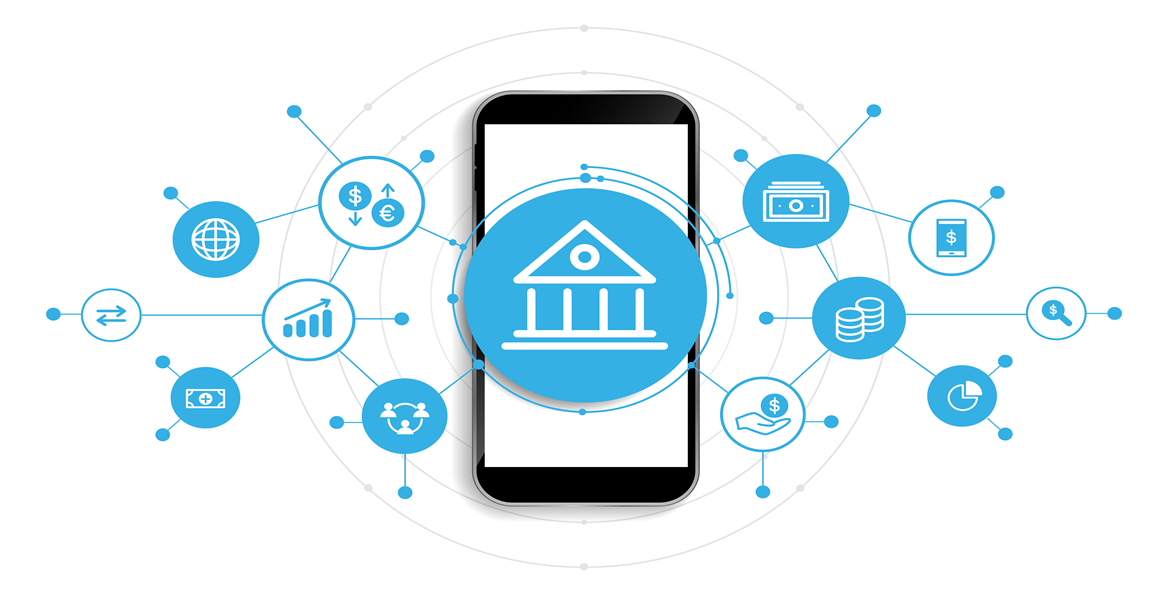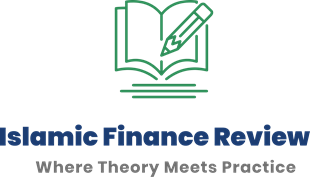
Islamic Digital Banking & Financial Inclusion: What You Need to Know in 2025
- Post by: wp-islamicfinancereviewcouk
- May 20, 2025
- No Comment
In the heart of today’s digital revolution, a quiet but powerful movement is taking shape—one that aligns technology with divine principles and serves communities often left behind. Welcome to the world of Islamic digital banking, where financial inclusion meets Shariah compliance, and profit never overshadows purpose.
This second part in our series delves into how Islamic digital banks are not only transforming the financial landscape but also opening doors for millions through ethical, accessible, and halal financial services.
📌 What Makes a Bank “Islamic” and “Digital”?
Before diving into the impact, let’s clarify what we mean by Islamic digital banks.
🔹 Shariah First, Not Tech-First
An Islamic bank operates under fiqh al-muamalat (Islamic commercial jurisprudence)—prohibiting interest (riba), avoiding uncertainty (gharar), and ensuring transactions are backed by real assets. A digital Islamic bank, then, delivers these Shariah-compliant services via fully online platforms, often without any physical branches.
From opening accounts to managing halal investments, everything happens through an app or website—yet always under the supervision of a Shariah Supervisory Board (SSB).
📖 “Allah has permitted trade and forbidden riba (usury).” — Surah Al-Baqarah (2:275)
🔗 Understanding Riba and Its Prohibition
🤲 The Financially Excluded: A Problem of Faith and Access
The modern financial system leaves 1.4 billion adults unbanked, according to the World Bank’s Global Findex Database 2021. Among them, a significant portion are Muslims, many of whom reject conventional banks due to the presence of riba or unethical investments.
🔗 Source: World Bank – Global Findex 2021
❗ Why So Many Muslims Remain Unbanked:
- No access to Shariah-compliant services in rural or conservative regions
- Distrust of interest-based banking models
- Lack of identification or documentation
- Gender-based or socio-economic exclusions
- High transaction fees or hidden charges
🌿 “The best of people are those who bring most benefit to the rest of mankind.” — Hadith (Daraqutni)
Clearly, the need for halal, accessible, and tech-enabled solutions is not just desirable—it’s urgent.
💡 Islamic Digital Banks: A Bridge to Financial Inclusion
Now imagine a banking app that understands your values. That doesn’t ask you to compromise on your faith. That lets a young Muslim woman in rural Africa or a refugee in Europe open an account and grow a halal investment portfolio—without ever stepping into a branch.
🔹 Real-World Examples
Nomo Bank (UK/Kuwait): A Shariah-compliant digital bank providing multi-currency accounts, halal savings tools, and mobile-first access for both Middle Eastern and Western customers.
🔗 Visit Nomo Bank
Insha (Germany): Europe’s first Islamic digital bank, providing ethical and interest-free banking services to Muslim communities across the continent.
🔗 Visit Insha
Raqeem Bank (Pakistan): A mobile-first Islamic bank focused on reaching Pakistan’s underbanked rural populations with easy-to-use, fully Shariah-compliant products.
🛡️ What Ensures Shariah Compliance?
Every transaction, every product, every policy must be reviewed and approved by a qualified Shariah Supervisory Board (SSB). But it doesn’t stop there.
✅ Key Features of Shariah-Compliant Digital Banks
- No interest-bearing accounts
- Halal investment portfolios only
- Transparent profit-loss sharing models (Mudarabah, Musharakah)
- Ethical contracts avoiding gambling, alcohol, weapons, etc.
🕊 “He who cheats is not one of us.” — Hadith (Muslim)
In contrast to conventional banks, Islamic digital banks aim for transparency, fairness, and value-based trust—all rooted in the maqasid al-shariah: preserving wealth, dignity, and social harmony.
🔗 Building a Complete Halal Financial Ecosystem
Islamic digital banks are not standalone entities. They work in synergy with:
- Robo-advisors like Wahed to help Muslims invest ethically
- Crowdfunding platforms like Ethis to support community ventures
- E-wallets like STICPAY Islamic for everyday halal transactions
This integration is what creates a truly inclusive ecosystem—a halal alternative to everything conventional finance offers.
💡 “Allah intends ease for you, not hardship.” — Surah Al-Baqarah (2:185)
🌎 Empowering the Ummah: More Than Just Banking
This is about financial justice. About enabling a Muslim entrepreneur to launch their business. A refugee to rebuild their life. A widow to manage her wealth in dignity. Islamic digital banks help:
- Women access finance in a Shariah-compliant environment
- Diaspora Muslims invest safely in home countries
- SMEs secure halal funding
- Rural Muslims bank without travelling for miles
🔹 IFN FinTech reports that there are now over 160 Islamic FinTechs globally, with the largest growth in Indonesia, Saudi Arabia, UAE, Malaysia, and Nigeria.
🔗 IFN FinTech Landscape
📈 Islamic Digital Banks and the SDGs
Islamic digital banks are aligned with several of the UN Sustainable Development Goals:
| SDG Goal | Contribution |
|---|---|
| SDG 1 – No Poverty | Providing financial tools to underserved populations |
| SDG 5 – Gender Equality | Empowering women with digital access to finance |
| SDG 8 – Decent Work | Financing halal entrepreneurship |
| SDG 10 – Reduced Inequalities | Inclusive financial products for all backgrounds |
🔜 What’s Next in the Series?
In our upcoming Part 3, we will explore Islamic Crowdfunding and Peer-to-Peer (P2P) Finance, including how digital platforms are helping revive the Prophetic model of community wealth redistribution.
📚 Further Reading & Resources
- 🔗 What Is a Sukuk? Islamic Bonds Explained
- 🔗 Faith & Finance: The Truth About Halal Investing
- 🔗 Understanding Zakat and Investment
📢 Share this post on your social media using hashtags #IslamicFinTech #HalalBanking #DigitalUmmah
📩 Subscribe to the IFR newsletter for more insights and updates on the Islamic FinTech Revolution Series.
